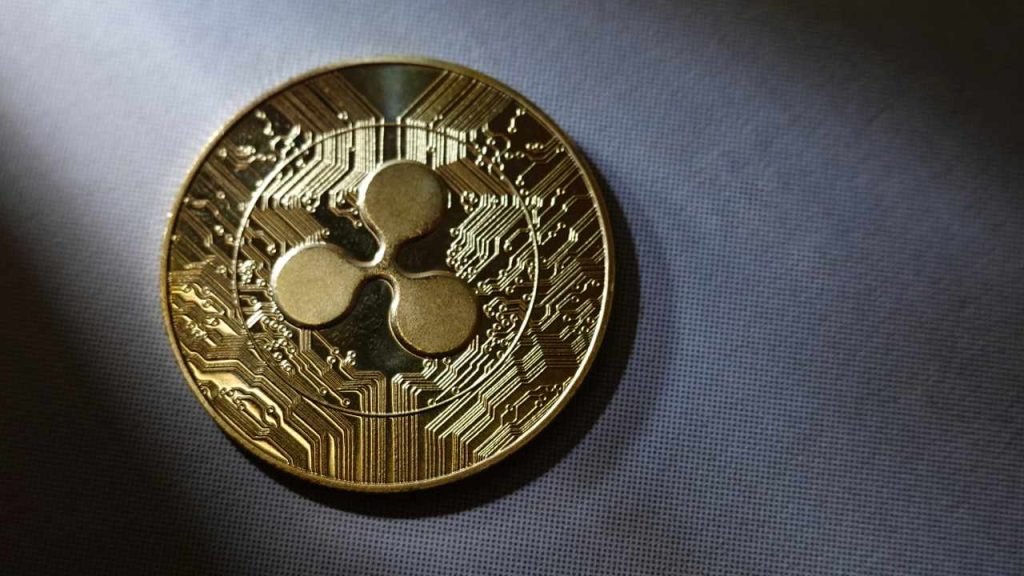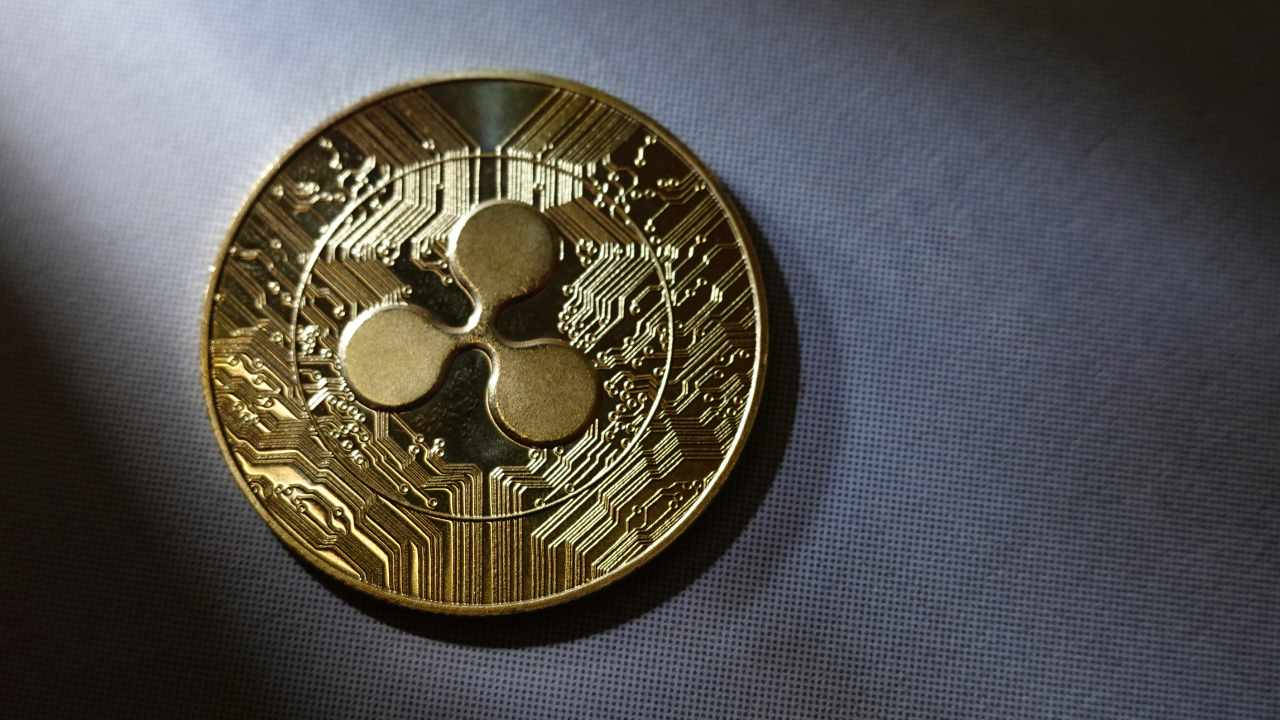
The collapse of Linqto, a San Francisco-based investment platform, has sent shockwaves through the pre-IPO investing world, leaving investors in a state of uncertainty and raising serious questions about the platform’s relationship with Ripple Labs. Linqto, which positioned itself as a democratizing force in the pre-IPO space, allowed retail investors to acquire shares in private companies like Ripple. However, the company’s recent Chapter 11 bankruptcy filing and ongoing legal scrutiny have cast a dark cloud over its operations and its association with Ripple.
The Linqto Business Model: Access to the Unreachable?
Linqto’s business model was built on the premise of providing access to pre-IPO shares of high-growth companies to a broader range of investors, including non-accredited individuals. This was achieved through a secondary market, where existing shareholders could sell their stakes to investors via the Linqto platform. The model was inherently risky, as it lacked the transparency and regulatory oversight of public exchanges, making it more susceptible to fraud and misrepresentation. The allure of investing in companies before they go public is strong, but the private market’s lack of regulation makes it a breeding ground for potential abuse.
The platform’s collapse has left many investors questioning the validity of their investments and the security of their holdings. The lack of transparency in Linqto’s operations has further exacerbated the situation, with some investors discovering that they may not have actually owned the shares they believed they had purchased. This has led to a wave of legal battles and potential financial losses for those caught in the crossfire.
Ripple’s Stance: Acknowledgment, Distance, and Damage Control
As Linqto’s legal troubles mounted, Ripple CEO Brad Garlinghouse has been keen to clarify the company’s relationship with the investment platform. Garlinghouse confirmed that Linqto owns 4.7 million Ripple shares, but emphasized that these shares were acquired solely on the secondary market, with no direct sales from Ripple to Linqto. This distinction is crucial, as it distances Ripple from any potential wrongdoing on Linqto’s part.
Ripple has also stated that they stopped approving Linqto’s secondary market transactions in late 2024, suggesting a growing unease with the platform’s practices. Despite these efforts, the association with Linqto has inevitably impacted Ripple’s reputation, raising concerns among investors and the broader crypto community. The attempt to draw a line is evident, but the proximity of the two entities makes complete separation difficult.
The SEC and DOJ Investigations: Unveiling Potential Misconduct
Linqto’s downfall is attributed to ongoing investigations by the Securities and Exchange Commission (SEC) and the Department of Justice (DOJ). These investigations reportedly focus on allegations of securities law violations, including the potential manipulation of share prices and the sale of securities to non-accredited investors without proper disclosures. The SEC’s scrutiny of Linqto underscores the regulatory challenges faced by platforms operating in the pre-IPO space.
The lack of transparency and the potential for abuse make these platforms attractive targets for regulatory intervention, especially when retail investors are involved. The outcome of these investigations could have significant implications for the future of pre-IPO investing and the regulatory framework governing the space. The SEC’s involvement highlights the need for greater oversight and investor protection in the pre-IPO market.
Ripple Shares: Equity vs. XRP – Clearing the Confusion
A critical aspect of this saga is the distinction between Ripple shares and XRP, the cryptocurrency associated with Ripple Labs. Garlinghouse has repeatedly emphasized that XRP is not Ripple stock and that the issues surrounding Linqto relate specifically to Ripple’s equity. This distinction is vital, as it clarifies that the troubles faced by Linqto do not directly impact the functionality or value of XRP.
However, the confusion persists, with many investors conflating the two. This misunderstanding highlights the need for clear and consistent communication from Ripple to ensure that investors fully comprehend the nature of their investments. The association, even if indirect, can still cast a shadow on XRP’s perception and market sentiment.
The Plight of Investors: Uncertainty and Potential Losses
The bankruptcy of Linqto has left many investors in a state of uncertainty, with the potential for significant financial losses. The value of their Ripple shares held through Linqto is now subject to the bankruptcy proceedings, and the recovery of their investments is far from guaranteed. The situation is further complicated by questions surrounding the validity of the share ownership and the lack of transparency in Linqto’s operations.
Some investors may find that they never actually owned the shares they believed they had purchased, leading to further legal battles and potential losses. This situation underscores the risks associated with investing in private companies through unregulated platforms and the importance of conducting thorough due diligence before committing capital.
John Deaton’s Involvement: A Beacon of Hope for Investors?
Amidst the turmoil, attorney John Deaton, a prominent figure in the XRP community, has emerged as a potential advocate for investors affected by Linqto’s bankruptcy. Deaton has offered his expertise and legal guidance to those seeking to recover their investments, arguing that Linqto customers should have a first claim to bankruptcy assets before equity shareholders. His involvement provides a glimmer of hope for investors who feel they have been wronged and highlights the importance of strong legal representation in navigating complex bankruptcy proceedings.
However, the path to recovery is likely to be long and arduous, with no guarantee of success. The legal battles ahead will be complex, and the outcome remains uncertain. Nonetheless, Deaton’s involvement offers a ray of hope for those seeking justice and compensation.
Linqto’s Defense: Denials and Counterclaims
Despite facing mounting legal and financial pressures, Linqto initially pushed back against rumors of bankruptcy, affirming that investor holdings, including Ripple shares, remained intact and protected. The company also denied any wrongdoing and blamed misinformation for fueling the controversy. However, the subsequent Chapter 11 filing contradicts these claims, raising further questions about the veracity of Linqto’s statements and the transparency of its operations.
This shifting narrative has eroded investor confidence and further damaged Linqto’s reputation. The company’s initial denials and subsequent bankruptcy filing have left investors feeling betrayed and uncertain about the future of their investments. The lack of transparency and the company’s changing statements have only served to deepen the crisis.
The Future of Pre-IPO Investing: A Call for Regulation
The Linqto saga serves as a cautionary tale for the world of pre-IPO investing, highlighting the need for greater regulation and investor protection. The lack of transparency, the potential for fraud, and the risks associated with selling securities to non-accredited investors all underscore the vulnerabilities of the current system. Regulators may need to consider implementing stricter rules governing pre-IPO platforms, including enhanced disclosure requirements, stricter accreditation standards, and greater oversight of secondary market transactions.
Without such measures, the dream of democratizing access to pre-IPO investments could easily turn into a nightmare for unsuspecting investors. The Linqto collapse should serve as a wake-up call for regulators and investors alike, emphasizing the need for greater caution, transparency, and regulation in the pre-IPO space.
Conclusion: Lessons Learned and the Path Forward
The Ripple-Linqto controversy is a complex story of ambition, risk, and potential misconduct. While Ripple has taken steps to distance itself from Linqto’s legal troubles, the association has inevitably tarnished its reputation and raised questions about its due diligence practices. For investors caught in the crossfire, the future remains uncertain, with the potential for significant financial losses looming large.
The Linqto bankruptcy should serve as a wake-up call for investors and regulators alike, underscoring the need for greater caution, transparency, and regulation in the pre-IPO space. As the legal proceedings unfold, the hope is that justice will be served and that lessons will be learned to prevent similar scandals from occurring in the future. The promise of pre-IPO investing remains enticing, but it must be approached with a healthy dose of skepticism and a thorough understanding of the risks involved. The path forward will require greater oversight, clearer regulations, and a commitment to protecting investors from the pitfalls of unregulated markets.





